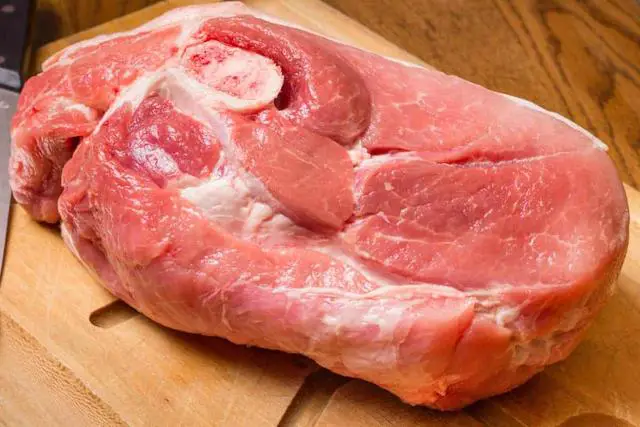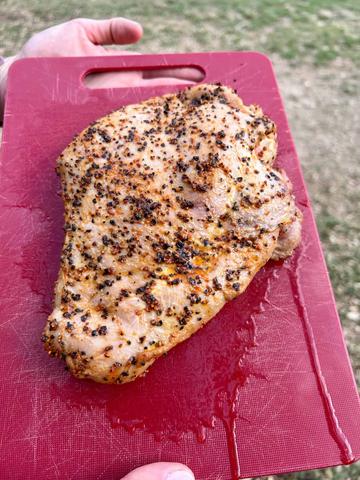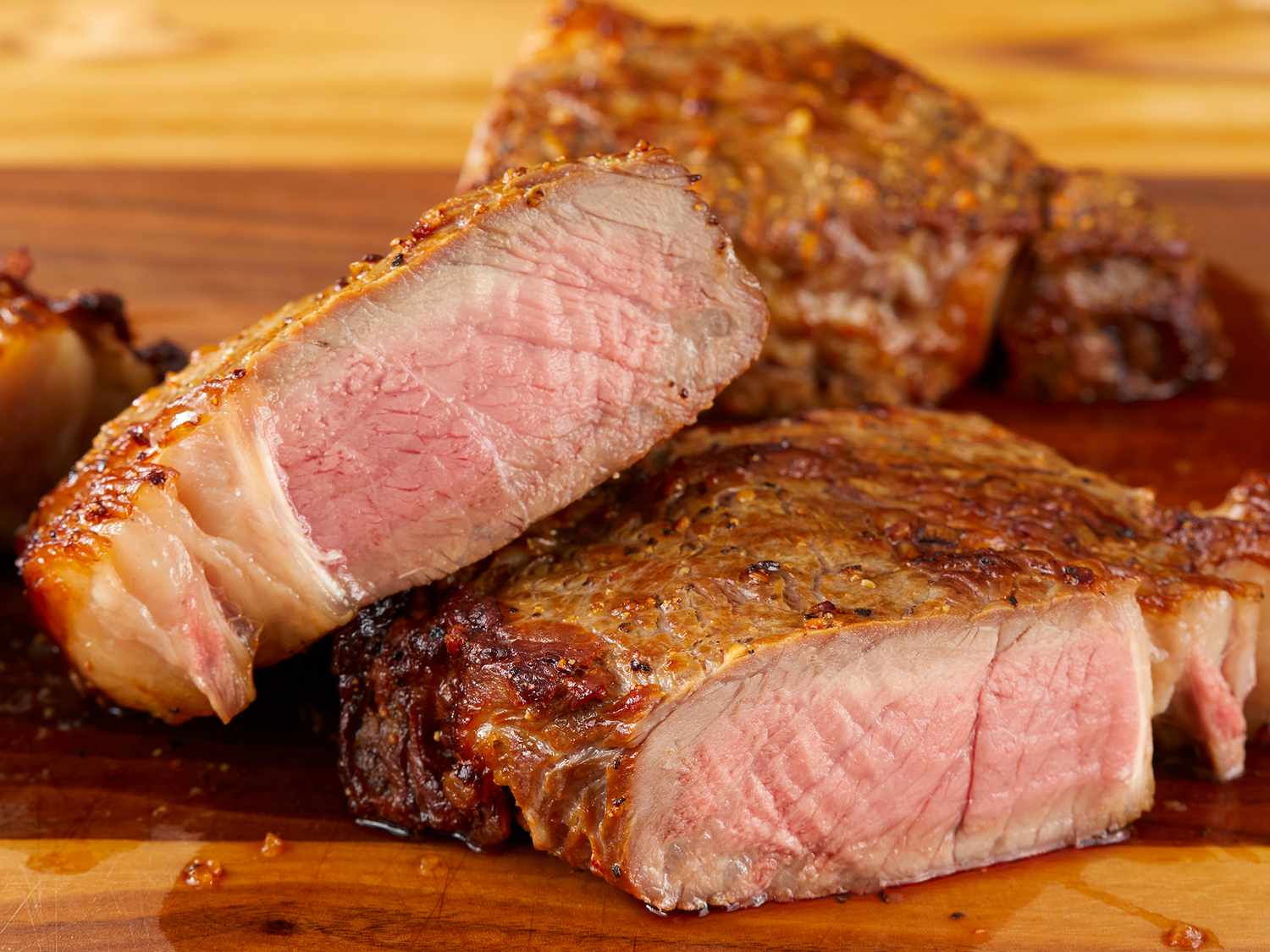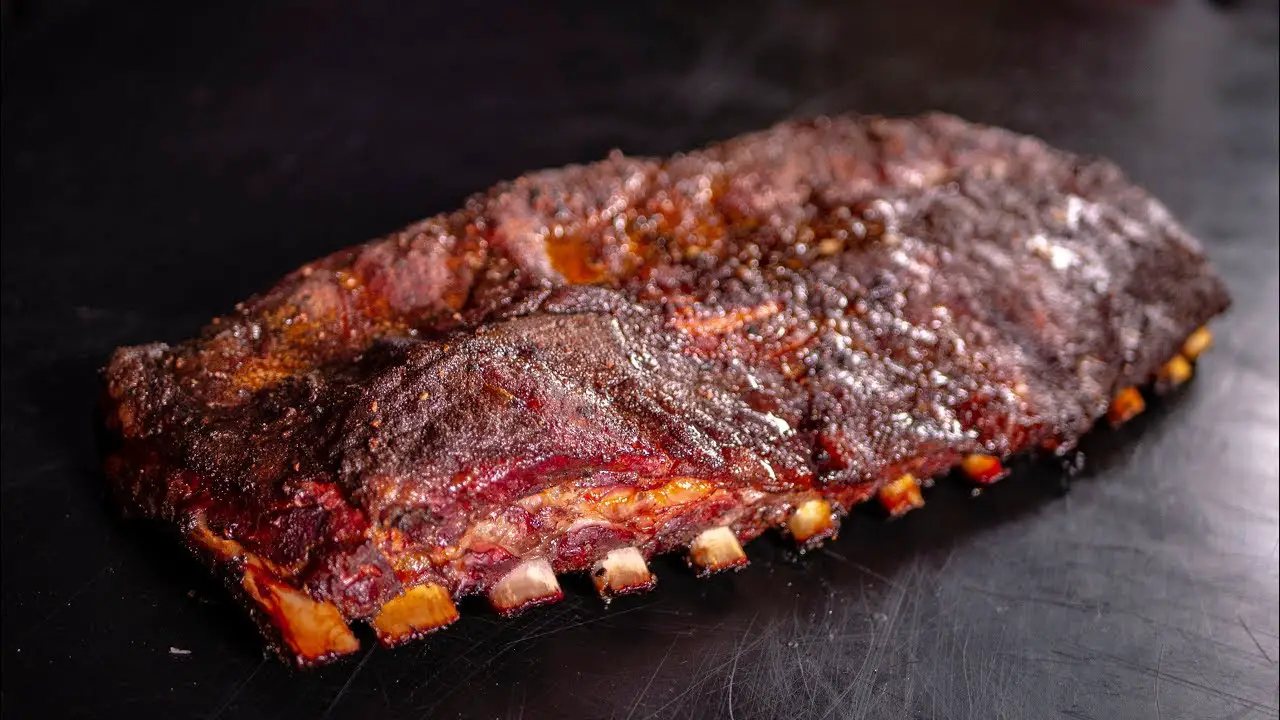
Unlock the Secrets of the Money Muscle: A Guide to Maximizing Your Financial Potential. Dive into a world of financial empowerment as we unravel the enigma behind the money muscle, equipping you with invaluable insights and strategies to harness your financial strength. Discover how to optimize investments, enhance money management skills, and achieve lasting financial success. Join us on this transformative journey towards unlocking your true monetary potential.
Pork Butt Money Muscle: What is it?

The money muscle, also known as the pectoralis profundi muscle, is a prized cut of meat found on the opposite end of the blade-bone on a Pork Butt (Boston Butt). It is a cylindrical/tube-shaped muscle that stands out due to its striations of intramuscular fat, which is uncharacteristic of most pork cuts. This makes it highly valued by Pitmasters and barbecue enthusiasts.
In competition barbecue, Pitmasters showcase their skill by serving up various cuts from the money muscle, including pulled pork, pork medallions, chunks, and tubes in their turn-in boxes. The money muscle is considered to be the single best muscle on an entire hog and often determines competitors’ success in winning prize money.
Where Does the Money Muscle Come From?
The money muscle is found on the opposite end of the blade-bone on a Pork Butt (Boston Butt). The pork butt comes from the upper foreleg of a hog. The money muscle is easily identified on a pork butt as it has striations of intramuscular fat that run through its length. This is actually uncharacteristic of pork cuts which is why it’s so prized by Pitmasters and folks who do barbecue.
The Money Muscle resembles a smaller pork loin. However, unlike the loin which has very little fat, the money muscle has large striations of intramuscular fat. In terms of a barbecue competition, it’s what gets competitors “in the money.” Which simply means that they score high enough to win money by placing well.
Why is it Called the “Money Muscle”?

The “Money Muscle” is called so because it is considered to be the single best muscle on an entire hog. It is highly prized by Pitmasters and barbecue enthusiasts due to its unique characteristics. Unlike most cuts of pork, the money muscle has striations of intramuscular fat that run through its length, giving it a marbled appearance. This intramuscular fat, also known as marbling, adds flavor and juiciness to the meat. In competition barbecue, serving up the money muscle can significantly increase a Pitmaster’s chances of winning and earning monetary prizes.
The money muscle is easily identifiable on a pork butt as a cylindrical/tube-shaped muscle located on the opposite end of the blade-bone. It resembles a smaller pork loin but with larger striations of intramuscular fat. However, one drawback of the money muscle is that it is relatively small compared to the rest of the pork butt. This means that when smoking the entire cut, you only get a limited amount of this prized meat.
In backyard barbecue settings where most people are just looking for delicious pulled pork, separating and serving the money muscle may not be necessary or appreciated. However, for those who appreciate and understand the skill involved in smoking this specific muscle, it can be separated and treated as a special indulgence.
Other Names for the Money Muscle
The money muscle is also known by several other names, including pork collar (neck fillet), faux loin, and tiger muscle. These names are often used colloquially to describe the unique characteristics of this prized cut of meat.
Tiger muscle refers to the distinctive stripes or fatty striations found within the meat, resembling the markings of a tiger. Faux loin is a reference to the money muscle’s tube-like shape, which resembles a pork loin or pork tenderloin. Pork collar, or neck fillet, is technically a muscle that is cut from the shoulder portion of the pig and includes part of the money muscle.

Final Thoughts
The money muscle, also known as the pectoralis profundi muscle, is a highly prized and sought-after cut of meat found on the pork butt. It is characterized by its marbling of intramuscular fat and is considered to be the best muscle on an entire hog. While most backyard barbecuers may not appreciate or even notice the presence of the money muscle, it holds great value in competition barbecue where Pitmasters showcase their skill by serving up individual muscles.
Smoking the money muscle can be challenging due to its small size and faster cooking time compared to the rest of the pork butt. It is recommended to bring the money muscle to a slightly lower temperature than the rest of the meat, around 180-185°F, in order to achieve optimal tenderness and texture. However, it’s worth noting that smoking the money muscle requires additional effort and may not be appreciated by all guests unless they are true barbecue enthusiasts.
In conclusion, while separating and smoking the money muscle may not be practical for large gatherings or casual backyard barbecues, it can be a rewarding experience for those who want to fully appreciate and savor this prized cut of meat. Whether you choose to share it with others or keep it as your own “Pitmaster tax,” smoking the money muscle allows you to showcase your barbecue skills and enjoy the fruits of your labor.
In conclusion, the “money muscle” refers to a specific cut of meat that is highly coveted in the world of barbecue competitions. This particular muscle, found in pork shoulders or Boston butts, offers succulence and tenderness when cooked correctly. Its popularity stems from its rich marbling and ability to retain moisture, resulting in exceptional flavor. Whether you’re a professional pitmaster or an amateur griller, the money muscle is worth exploring for an elevated culinary experience.
Learn More About Grilling
If you want to learn more about grilling, check out these other helpful resources!











